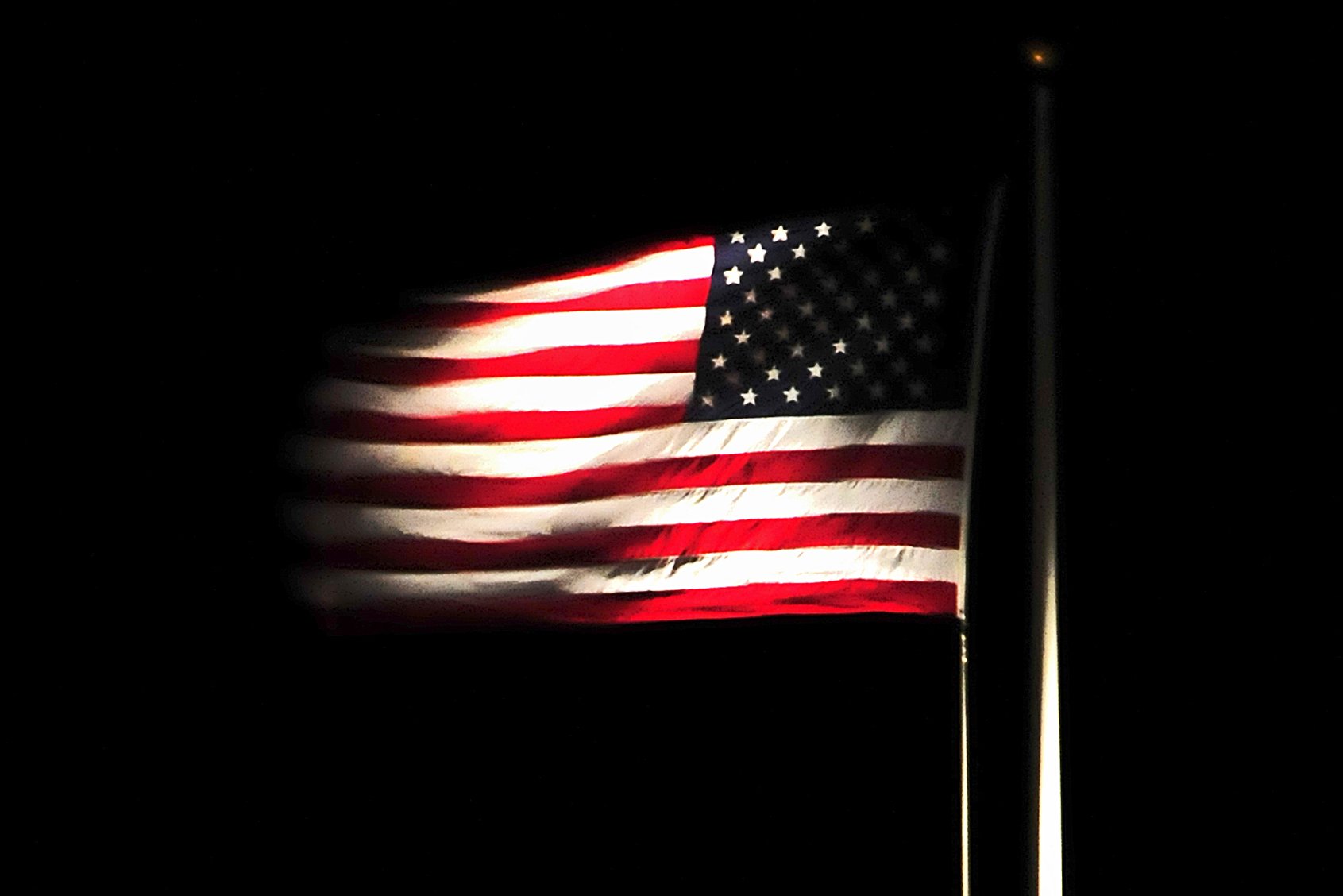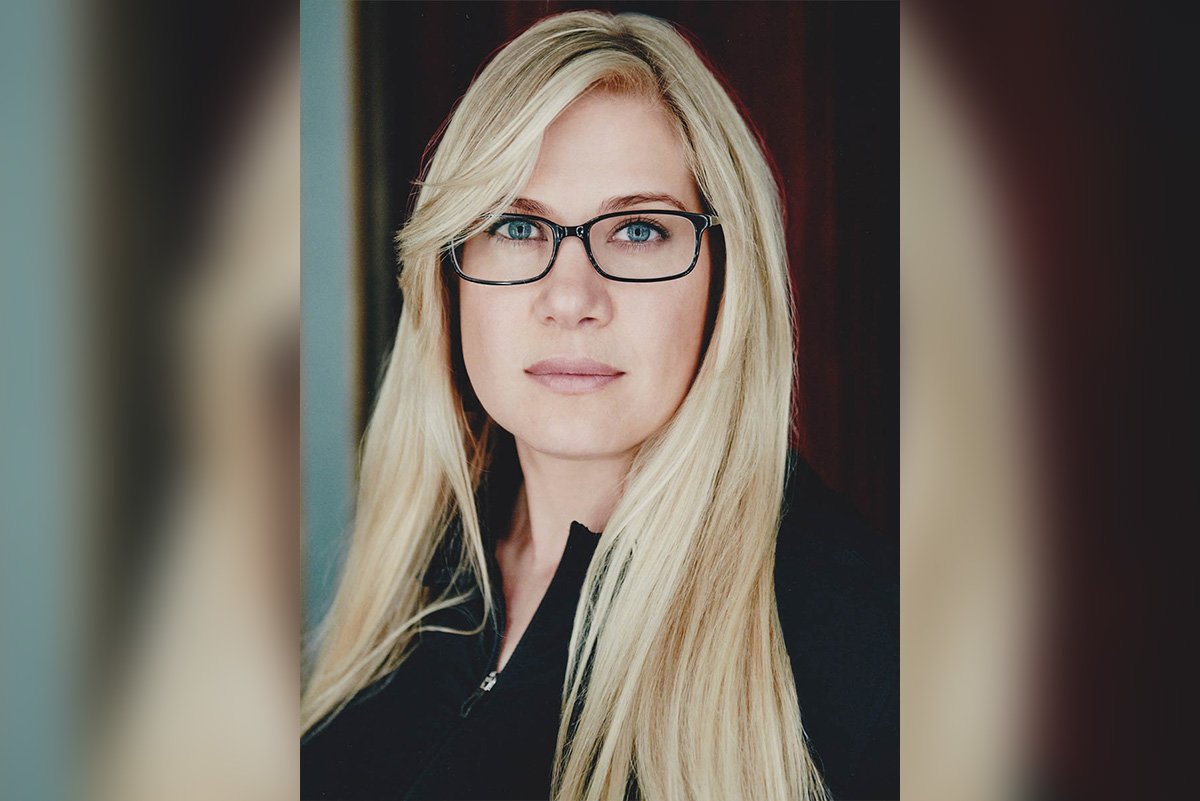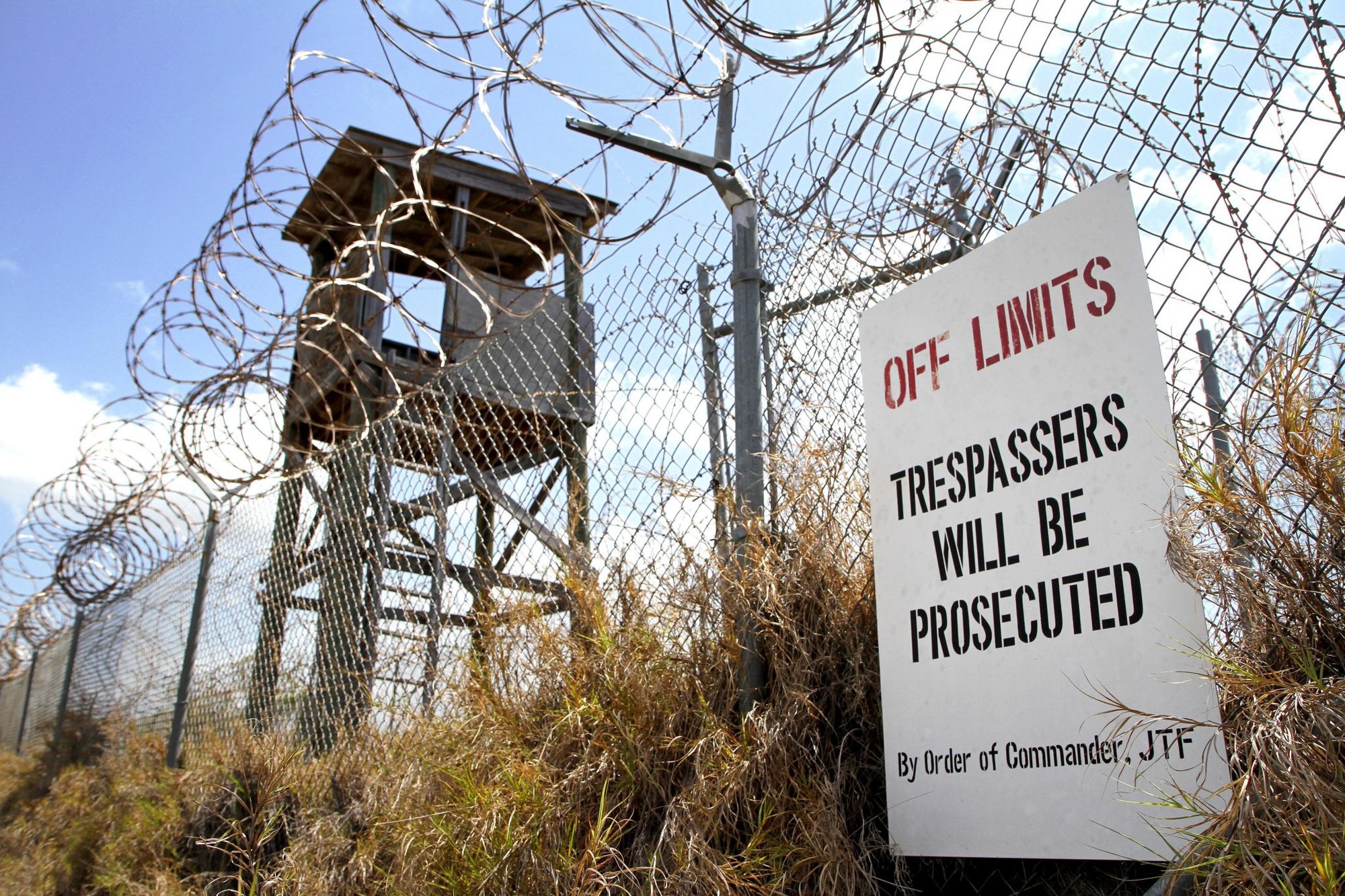Sundance’s ‘Jihad Rehab’ Goes Inside Saudis’ Terrorist-Reform Program

The American flag flies over Naval Station Guantanamo Bay. US Navy photo by Kilho Park.
At the Sundance Film Festival last month, Meg Smaker debuted her film Jihad Rehab, a documentary about Saudi Arabia’s yearlong rehabilitation program for jihadis captured and imprisoned by the US in Guantanamo Bay, Cuba.
Since 2002, the US has been repatriating many of those captured and confined at the prison during the war on terror, but as war between Saudi Arabia and Iran persists in Yemen, US policy prohibits the return of Yemeni prisoners.
Yemeni prisoners are sent to Saudi Arabia’s Mohammed bin Nayef Rehabilitation Center, where courtyard fountains and golf carts dot the landscape. By documenting the effort to reform or “heal” terrorists, Smaker challenges Americans to look at their enemies through a more complex lens.

Smaker focuses on three men imprisoned for more than a decade in Guantanamo Bay — Nadir, Ali, and Mohammed. Nadir and Mohammed, who entered the center together, spent more than 15 years at Guantanamo, mostly in adjacent cells. Ali, who was imprisoned at Guantanamo when he was just 16, is the brother of Qasim al-Raymi, whom the film identifies as the founder of al Qaeda in the Arabian Peninsula and the US military’s third-most-wanted high-value target.
Much of the three men’s alleged terrorist activity was isolated to rocket-propelled grenade training or bomb-making at a camp in Afghanistan, and Smaker’s film paints them as relatively sympathetic characters.
As psychiatrists confront the men with the consequences of their actions, they express feelings of shame and remorse. The men all claim to have endured frequent torture at Guantanamo Bay, providing detailed accounts of extreme suffering at the prison.
The overall tone of Smaker’s film is humanizing. In one scene, as Nadir and Mohammed participate in synchronized swimming, it’s clear their sense of humor remains intact. In another sequence, Ali learns how the internet and dating apps have transformed modern romance and courting rituals. All the men want to marry, but the stigma attached to their crimes makes dating difficult.
Islamic scholars at the center emphasize and teach tolerance for other religions and people who believe differently. As they promote a moderate definition of jihad, Abu Ghanim, a man who served as Usama Bin Laden’s bodyguard, challenges the scholars. As one of the first 20 men sent to Guantanamo Bay, Ghanim harbors a deep-seated hatred for his American captors.

“[Jihad] is the defense of your home and country, your family, and your God. That is it,” he tells Smaker, his intense eyes radiating defiance. Ghanim, who saw war for the first time in Bosnia in the 1990s, angrily tells Smaker, “What if that were me? What if that were my family? The UN did nothing!”
As the terrorist linked to the USS Cole bombing and international missile smuggling rationalizes his actions and describes his treatment at Guantanamo, the effect is unnerving. He describes an instance of a female interrogator sexually assaulting him as her partners held him down.
When Smaker confronts Ghanim about fighting in a foreign country, not his own, he rescinds his permission for interviews and refuses further contact with the filmmakers. After Ghanim withdraws from the film, a sequence follows claiming the center has an 85% success rate, and those who cannot be rehabilitated often return to terrorism, turn to crime, or otherwise struggle to find work and reintegrate into society. The sequence is edited in a way that implies Ghanim is not expected to succeed.
Smaker returns her focus to Ali, Nadir, and Mohammed in the latter half of the film, and as the three men near the end of the program and their eventual release, they ponder what the future holds for them. Issues such as marriage, kids, and career are front and center. Even upon successful rehabilitation, the men cannot return to their homes and must remain in Saudi Arabia.
Throughout the film, Smaker uses traditional symbols of freedom — shots of birds and the ocean — to reflect the yearning of her subjects. In the end, the Saudi government delays the men’s release by nine months.
The government eventually released the men to their families with strict terms threatening criminal prosecution and jail time to the men’s sponsors in the event they returned to terrorist activities. After Saudi Arabia’s new crown prince passed a law banning foreign nationals from working, Ali, Nadir, and Mohammed were unable to support themselves.
When Smaker catches up with the men a year after their release, she finds them struggling mightily. Feelings of isolation, helplessness, and listlessness plague the men. Ultimately, governmental changes transform the rehabilitation center into a re-education facility for political dissidents as Saudi Arabia embraces harsh punishments — such as public beheadings — for convicted terrorists.
While Smaker’s film often succeeds in challenging viewers to think deeply and critically about a complex issue, its ending is abrupt and leaves many questions unanswered. The men’s futures remain uncertain. The documentary also highlights several disturbing allegations of abuse from US personnel, never addressing investigations into those abuses.
Ultimately, the film’s intimate exploration of the terrorist psyche is sobering and thought provoking, but the film may be a tough pill to swallow for anyone who has served or lost loved ones in the war on terror.
Read Next:

Lauren Coontz is a former staff writer for Coffee or Die Magazine. Beaches are preferred, but Lauren calls the Rocky Mountains of Utah home. You can usually find her in an art museum, at an archaeology site, or checking out local nightlife like drag shows and cocktail bars (gin is key). A student of history, Lauren is an Army veteran who worked all over the world and loves to travel to see the old stuff the history books only give a sentence to. She likes medium roast coffee and sometimes, like a sinner, adds sweet cream to it.
BRCC and Bad Moon Print Press team up for an exclusive, limited-edition T-shirt design!
BRCC partners with Team Room Design for an exclusive T-shirt release!
Thirty Seconds Out has partnered with BRCC for an exclusive shirt design invoking the God of Winter.
Lucas O'Hara of Grizzly Forge has teamed up with BRCC for a badass, exclusive Shirt Club T-shirt design featuring his most popular knife and tiomahawk.
Coffee or Die sits down with one of the graphic designers behind Black Rifle Coffee's signature look and vibe.
Biden will award the Medal of Honor to a Vietnam War Army helicopter pilot who risked his life to save a reconnaissance team from almost certain death.
Ever wonder how much Jack Mandaville would f*ck sh*t up if he went back in time? The American Revolution didn't even see him coming.
A nearly 200-year-old West Point time capsule that at first appeared to yield little more than dust contains hidden treasure, the US Military Academy said.












